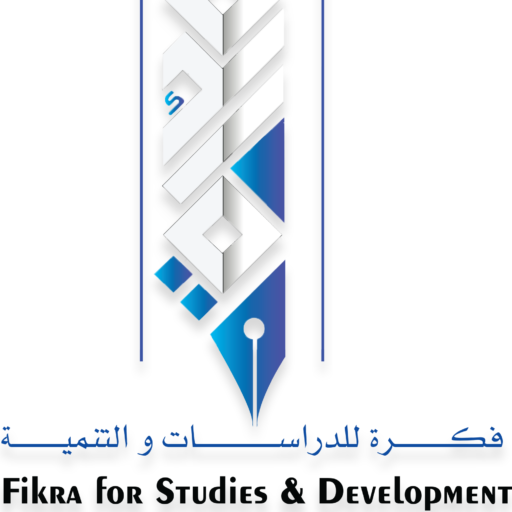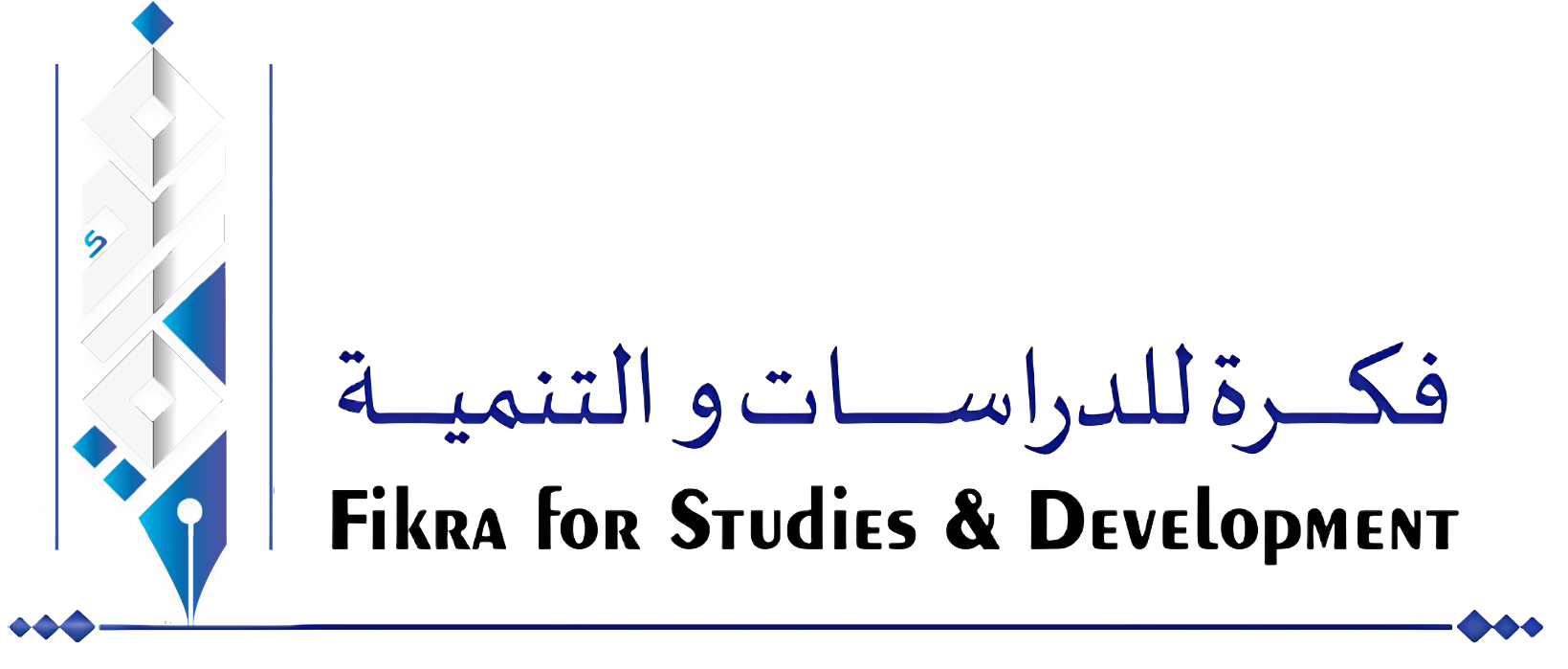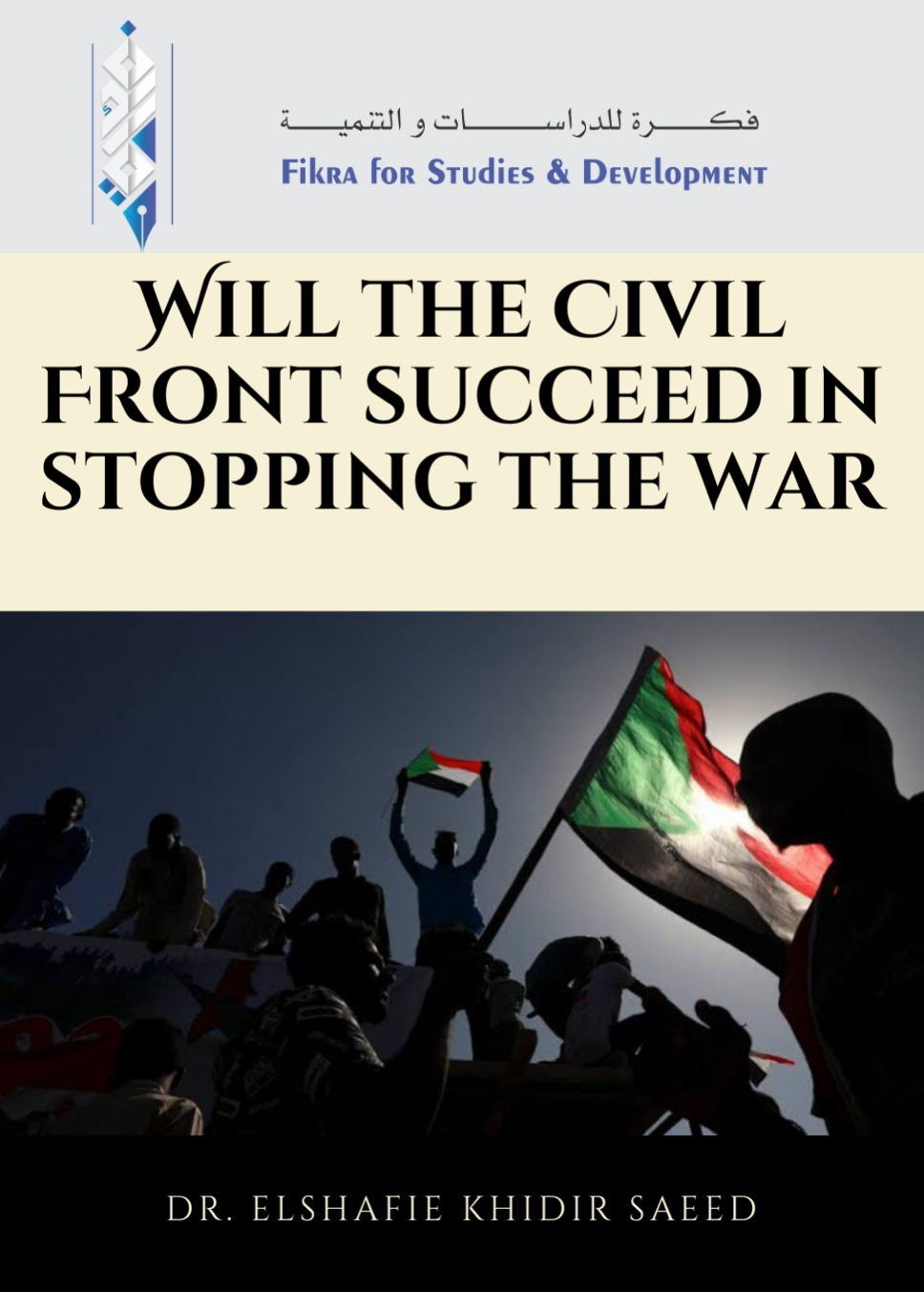Will the Civil Front Succeed in Stopping the War
Will the Civil Front Succeed in Stopping the War
Dr. Elshafie Khidir Saeed
July 2023
Most people, Sudanese and non-Sundanese alike, will find it difficult to conceive that a group of people who, in complete contradiction to normal human nature, advocate for the continuation of war and murder in a country already wracked by crises and ravaged by death and destruction even prior to the April 15 outbreak of the largest crime of war. It may be beyond the comprehension of the majority of people that the war and its perpetuation are a mechanism and means for this group to abort the December 2018 revolution and return them to the ruling chairs, even at the cost of the tainted blood of the people and over the skulls of our nation’s citizens. Their vision is impaired by their desire for vengeance against the people who overthrew their dictatorship by means of the Sudanese revolution and its nonviolent movement.
This group is consumed by their obsession and a lack of compass, to the extent that they labeled anyone who opposes the war or advocates for its end by treason and non-patriotism, even the leaders within the Sudanese Armed Forces, currently engaged in combat. We also do not forget about their threats and intimidating discourse towards political and trade union figures, as well as activists of resistance committees and civil society organizations who are advocating for an immediate end of war. We’ve already made it abundantly clear in ten previous articles, ever since the war started on April 15th, that we vehemently oppose the war. This stance is in line with the stance of the majority of Sudanese people, except for a small minority who are solely fixated on gaining power and driven by allure for its seats.
Our position can be summarized in the following points:
1- It is the height of irresponsibility to have allowed this war to break out, and those responsible for starting it and continuing to feed it should be held accountable.
2- No voice should be louder than the voice of stopping the war and silencing the guns.
3- The call to end the war does not imply backstabbing the Sudanese army or permitting it to be defeated and destroyed, nor does it imply supporting the Rapid Support Forces to win this battle. Rather, it refers to opposing the Sudanese massacre of one another and the destruction of their country. It entails categorically opposing the fighting in every part of the country and rejecting the use of violence as a substitute for dialogue and negotiation in resolving political and social disputes and crises, regardless of how grave or complicated they may be.
4- Demanding an end to the war does not mean calling for external intervention, whether international or African, to solve the country’s current crisis. The solutions to Sudan’s crises do not and will not come from abroad. Rather, these solutions lie within it and through the contributions of its people. However, this does not mean rejecting outside contributions and using all capabilities to pressure the two parties; the Sudanese Armed Forces and the Rapid Support Forces, to negotiate a cessation of war and not the political process.
5- Rejection of war involves conforming and strictly adhering to the principle of demobilising all militias and troops of armed movements, including the Rapid Support Forces, and reforming the security and military sector, so that Sudan has its own unified professional national army, which monopolises all forms and types of military activity in the country, and is committed to protecting the constitution within the context of democratic civil rule.
6- The slogan “No to war” is exemplified by the courageous and great activities carried out by youth and women’s initiatives and Resistance Committees inside Sudan through the initiatives of “emergency rooms” and “safe passages” and the “consortium of national non-governmental organizations” and the Sudan Doctors Syndicate, and other active initiatives inside the country, which work under a hail of bullets to advance humanitarian work and provide help to citizens, reestablish work in the health sector, and work hard to make the agricultural season a success in relatively safe areas and states from fighting and warfare.
7- As well, the rejection of the war should not be interpreted as to return to the framework agreement station and the political process as it existed prior to the outbreak of war, as this would be a reproduction of the crisis.
8- Civilian forces have a significant role to play in ending this war by speaking with one voice and from a unified platform. Their failure to do so is an unforgivable flaw that comes dangerously near to the crime of starting the war.
9- Any new political process following the end of the war must include discussions on the formation of a national mechanism comprised of the leaders of all political forces, trade unions, armed movements, resistance committees, youth forces, women leaders, civil society, and patriotic personalities, excluding those of the defunct regime and those advocating for the continuation of the war, in order to select the leadership of the transitional government; the head of the state and the prime minister, on the basis of integrity, eligibility, competence, and political and executive abilities, and away from any political concessions or quotas. This mechanism should continue after that to carry out the tasks of legislation, oversight and accountability. The political and partisan leaderships should have their positions in this national mechanism, whereas the military leaders have their place in their respective regular institutions and the National Security and Defense Council.
As previously mentioned, Sudan’s general space is teeming with initiatives that, from a keen national perspective, seek to unite the Sudanese civilian forces into a broad front working to end the war and restore the democratic civilian path of the political process. Some of these initiatives provide steps toward proposing a declaration of principles or a vision of how to collaborate to unite civilian forces in opposition to the war. And in my opinion, this is a commendable endeavor that merits praise and encouragement. In addition, I believe it is necessary to look into how to convene an inclusive meeting in order to unify the efforts of the civilian forces against the war. In this regard, there are numerous observations, a few of which are summarised below:
- The need to draw lessons from and avoid mistakes and pitfalls from the experience of creating the «Civilian Front to Stop the War and Restore Democracy».
- Not to exclude any group, regardless of any previous political stances, as long as they are now standing against the war.
- It is important for the participating groups to have a degree of legitimacy and authorization now, and not to invoke legitimacy or authorization of a previous stage. They need to be founded on a tangible base, however small it may be, and should not be merely an online signature. In this regard, I reiterate my conviction that the elected trade union front alliance, announced June 26, is the most suitable foundational nucleus for this task.
- To form this united front, which must be free from external, international, and regional influences, it is essential that all steps of collective action be conducted with complete transparency.
- Preparing for this endeavor with a committee comprised of all stakeholders may be the most important and decisive factor in determining its success or failure.
Dr. Elshafie Khidir Saeed
A Sudanese pro-democracy political scholar, thinker and writer. He has a long track-record in the struggle against military dictatorships for realizing democracy, rule of law, peace and political stability in Sudan. He was subjected to political detention for five years in the 80th of the last century, and he went underground for many years fighting the Ingaz regime. Dr. Elshafie has a number of published writings on the consolidation of democracy and the intersections between the roles of the tribe, the army and politics in Sudan.
Dr. Elshafie can be contacted by email: eksahmed@gmail.com, elshafie@fikrasd.com.


